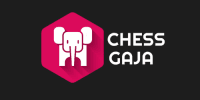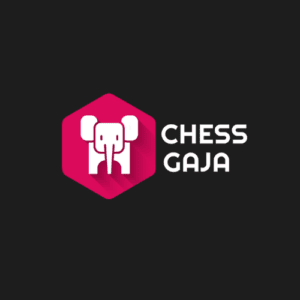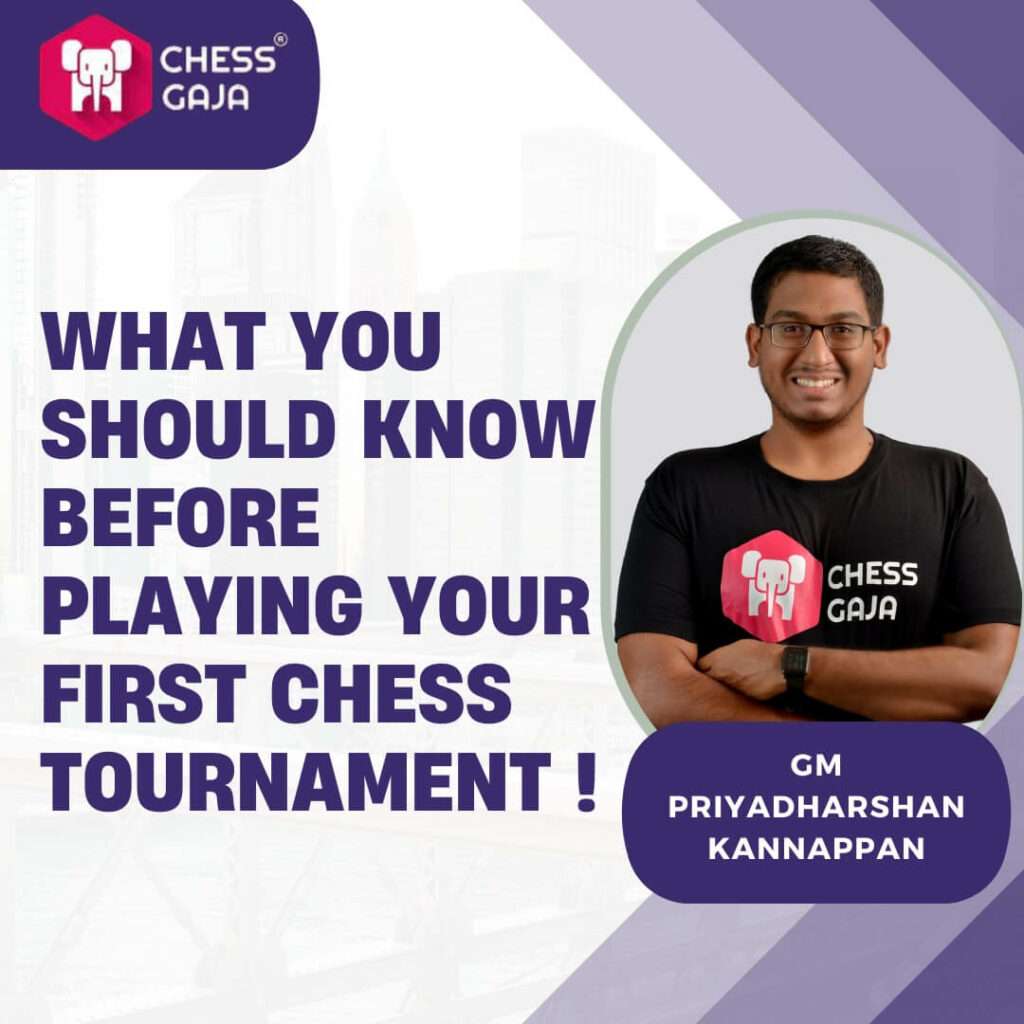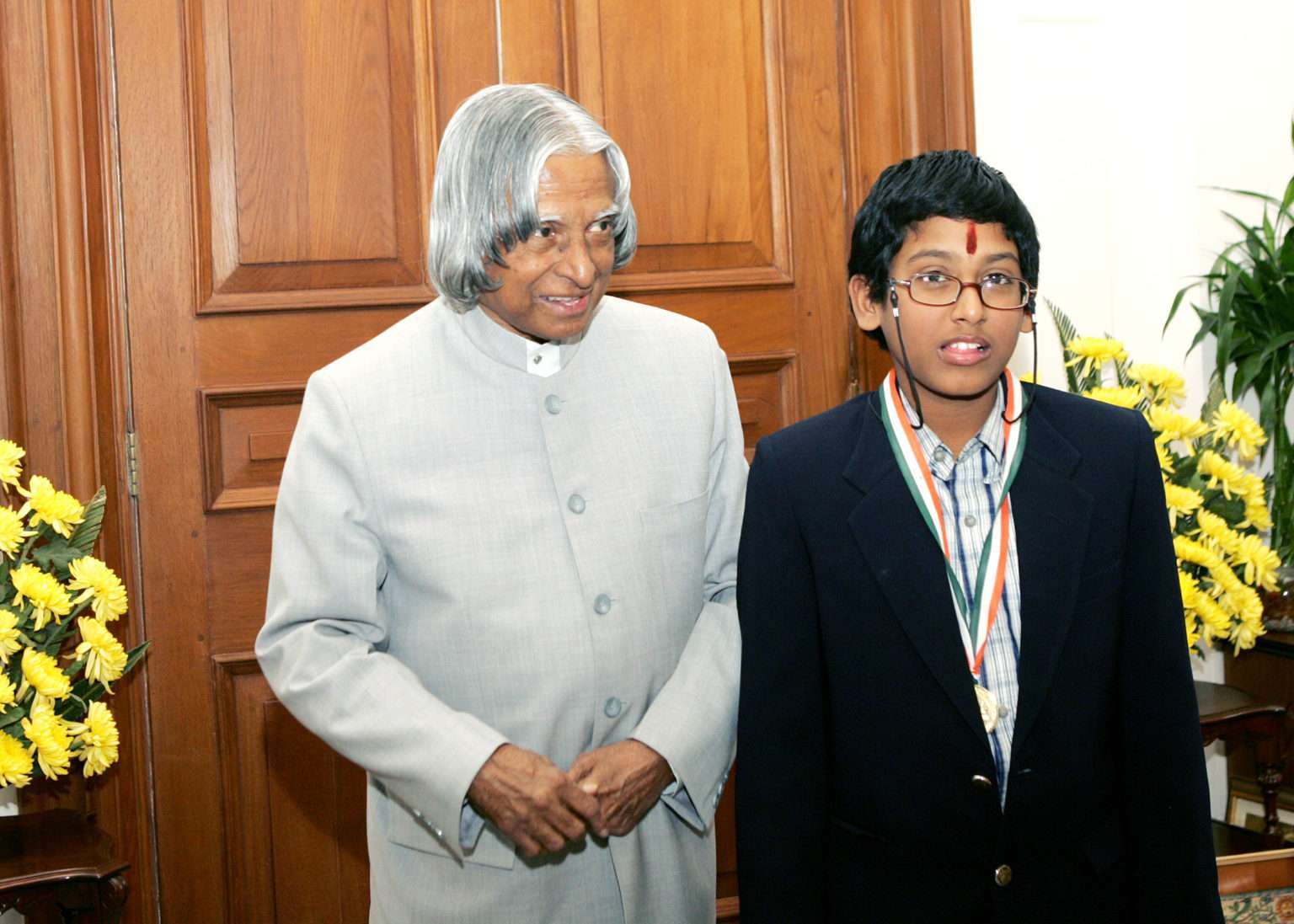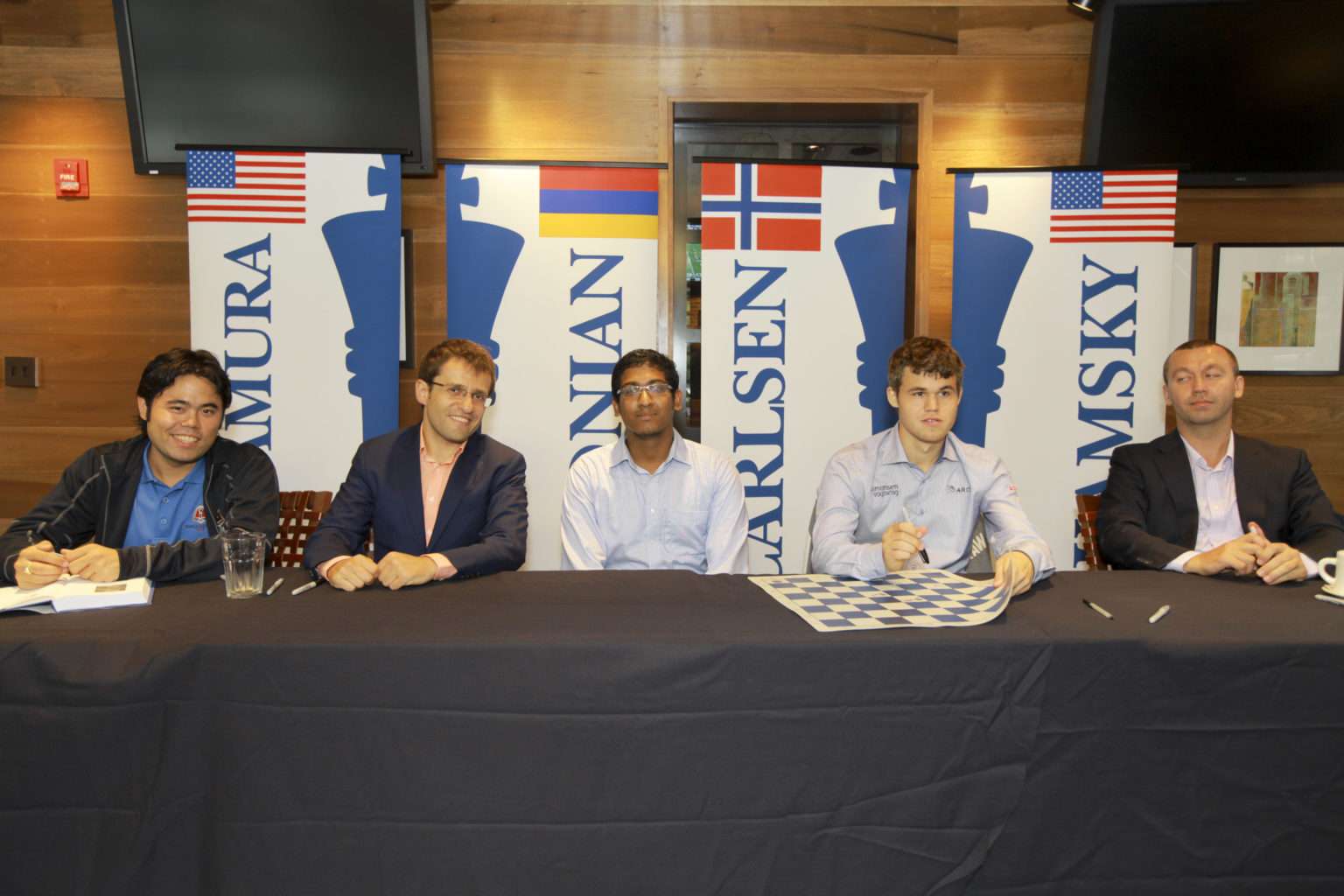I remember playing my first chess tournament in Karaikudi in Tamil Nadu in 1999. I was about 6 years old and was playing in the U-7 category if my memory serves me right.
It was a big age category tournament with multiple sections, and my section had about 6-7 participants.
Playing in your first tournament is an evergreen memory for every chess player, as you would be eager to implement all your chess lessons on the board and taste success!
Preparing for your first chess tournament can be an exciting and nerve-wracking experience, both for young chess players and their parents. In order to make the most of this opportunity and maximize the learning experience, it’s important to be well-prepared. Here are some key things you should know before playing your first chess tournament:
Register ahead of time
More or less all tournament organizers offer an online registration process, so once you have decided you are going to play in a tournament, check the different sections that they are offering, and choose the one that suits you the best.
As I mentioned, in my first ever tournament I played in the U-7 age category section as that was the youngest section the tournament offered, and it allowed me to compete with players who were similar to me in age and chess level.
Certain tournaments offer categories in terms of chess level and not by age. In such a scenario most likely you would have to register in the unregistered section or at the lowest rating section offered by the organizer.
Register ahead of time, and clearly note down the tournament details I would suggest parents print a copy of the basic details of the tournament which includes round timings, so you don’t have to worry about keeping track of game timings.
Chess Set and Clock
Many organizers offer chess sets and clocks for the players to play the games, but it doesn’t hurt to check with the organizer if we should bring our own chess set and clock or if it will be provided by the organizer.
In my experience, most tournaments in the U.S. do not provide a chess set and clock, and you have to “BRING YOUR OWN CHESS SET AND CLOCK” policy unless the event is held at a chess club where they have an adequate number of chess sets and clocks.
If you have a professional chess set please take that along with you just in case, even if the organizer does provide a set, as having a spare set in hand will help you to play and practice chess in between your games.
If you do not have a professional chess set, most of the time you can buy one in the tournament venue.
Chess Clock is not absolutely necessary as you just start out on your chess journey. Clock becomes a must needed accessory only when you start competing in tournaments like every weekend or if you really become serious about your chess improvement.
Chess tournament rules and regulations
Understanding the rules and regulations of a chess tournament is vital before stepping foot into the playing hall. While the specific rules may vary slightly from tournament to tournament, there are some fundamental rules that commonly apply:
Arrive on time: It’s important to arrive at the tournament venue at least 15-30 minutes before the scheduled start time. This will allow you to check your registration details, find your playing area, and settle down before the games commence.
Know the time control: Familiarize yourself with the time control of the tournament. Time control refers to the amount of time each player has to complete their moves. Common time controls include “G/30” (each player has 30 minutes to complete all their moves) and “G/90+30” (each player has 90 minutes to complete all their moves, with an additional 30 seconds added after each move).
Understand the scoring system: Chess tournaments typically use a scoring system called the “Swiss System.” In this system, players are paired based on their current score, with stronger players facing off against stronger opponents. Points are usually awarded as follows: win = 1 point, draw = 0.5 points, and loss = 0 points.
Be aware of tournament etiquette: Chess tournaments have their own set of etiquette rules. Players are expected to be silent during games, avoid distractions, and follow the instructions of the tournament director. It’s also customary to shake hands with your opponent before and after each game.
Illegal Moves on the Chessboard
There is a very high possibility you or your opponent will make illegal moves during the game, due to lack of playing experience.
If you feel something is not right, never hesitate to call the Tournament Director or Organizer during the game to clarify your doubts.
If you are playing a timed chess game with a chess clock, you can pause the clock as you call the tournament director so that you don’t lose time on the clock as you wait for the Tournament Director (TD) to arrive at your board.
Don’t try to settle any dispute or chess rules between you and your opponent, the correct method is always to approach the TD who will settle whatever dispute it maybe related to the game in the correct method.
I vividly remember in my 1st tournament, one of my opponents didn’t even know how to move the pieces properly and was constantly making illegal piece moves, and I remember constantly calling the Tournament Director to point out the illegal moves.
If you make any illegal move don’t panic, as it’s an absolutely normal thing to do in your first chess tournament.
What result to expect in your 1st chess tournament
In my 1st chess tournament, I finished 4th out of 7 participants I believe, and did lose a few games in that tournament.
Expecting to win all your games in the 1st tournament would be a very bad goal setting, and it might demotivate you if you don’t achieve your goal.
So your goal for your 1st chess tournament must be to enjoy the process, make some new friends, and enjoy the ambience of being in a chess tournament.
Some Quick Bullet Points to ensure your 1st tournament experience is awesome!
– Practice ahead of time: Make sure you practice your chess skills before the tournament. Work on tactics, openings, and endgames to sharpen your overall game.
– Stay hydrated and eat well: Chess tournaments can be mentally taxing, so it’s important to stay hydrated and eat nutritious meals throughout the day. Avoid heavy or sugary foods that may cause drowsiness.

– Get a good night’s sleep: A well-rested mind performs better, so make sure you get a good night’s sleep before the tournament. Aim for 7-9 hours of sleep to ensure you are mentally sharp.
– Bring your chess equipment: Don’t forget to pack your chess set, chessboard, chess clock, and scoresheets. It’s always a good idea to have a spare set of pieces in case anything gets misplaced.
– Chess Parents bring some reading material to keep yourself occupied when your kid goes and plays in the chess tournament. As a Parent observe how much more experienced players and their parents act during the tournament, and chess tournaments are also a good way to network with a lot of parents. You should also take along with you a sitting mat, as not always there will be adequate seating arrangements for the parents in the tournament hall.
– Stay focused and calm: Nerves are natural, but try to stay focused and calm during each game. Take deep breaths, concentrate on the position at hand, and trust in your chess abilities.
– Learn from each game: Win or lose, every game is an opportunity to learn and improve. Take the time to analyze your games afterward, identifying your strengths and weaknesses, and noting areas for improvement.
– Be a good sport: Chess is not only about winning; it’s also about good sportsmanship. Win or lose gracefully and be respectful to your opponents. Congratulate your opponent after a good game, and always strive to be a good representative of the chess community. Read my blog post for additional insights on how to handle losing a chess game.
Conclusion
By following these preparation tips, understanding the rules and regulations, and implementing the suggested strategies, you will be well-equipped to face your first chess tournament with confidence. Remember, chess is not just a game, but a journey of continuous learning and improvement. Enjoy the experience and embrace the challenges that come your way!
If you are looking for a chess coach to ensure you are absolutely prepared for your first chess tournament, consider joining Chess Gaja online academy, as we have 25+ coaches that cater to 100+ students of all ages and levels!
Regards
GrandMaster and FIDE Trainer Priyadharshan Kannappan
P.S. – If you find these blogs useful, forward them to your friends and also sign up for our newsletter! You can also receive updates about Chess Gaja Academy by joining our WhatsApp group.
“If you’re reading this, you’re clearly a fan of my blog. So why not show it by leaving a Google review? It’s like giving me a virtual thumbs-up. And who doesn’t love a good thumbs up?”
